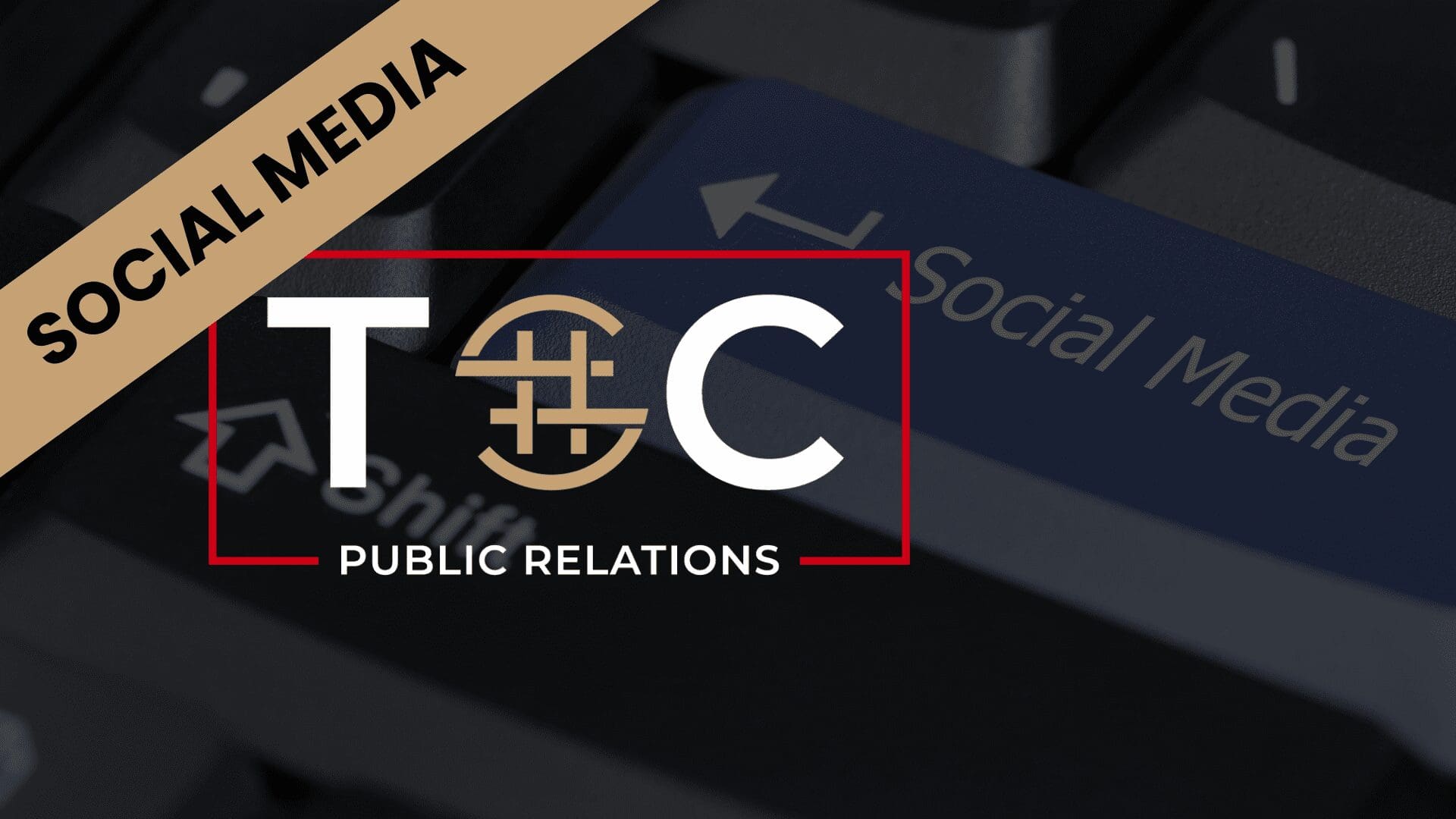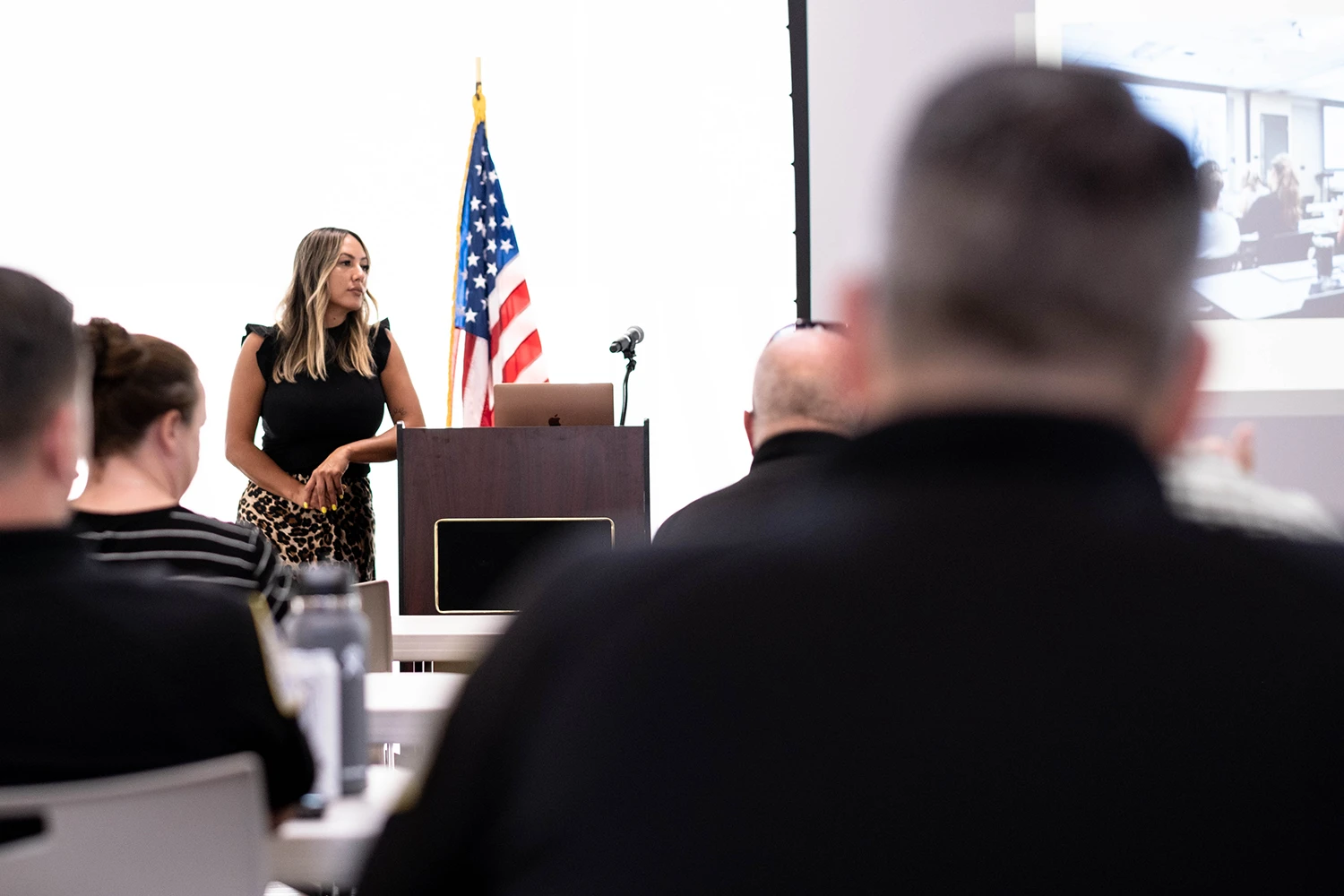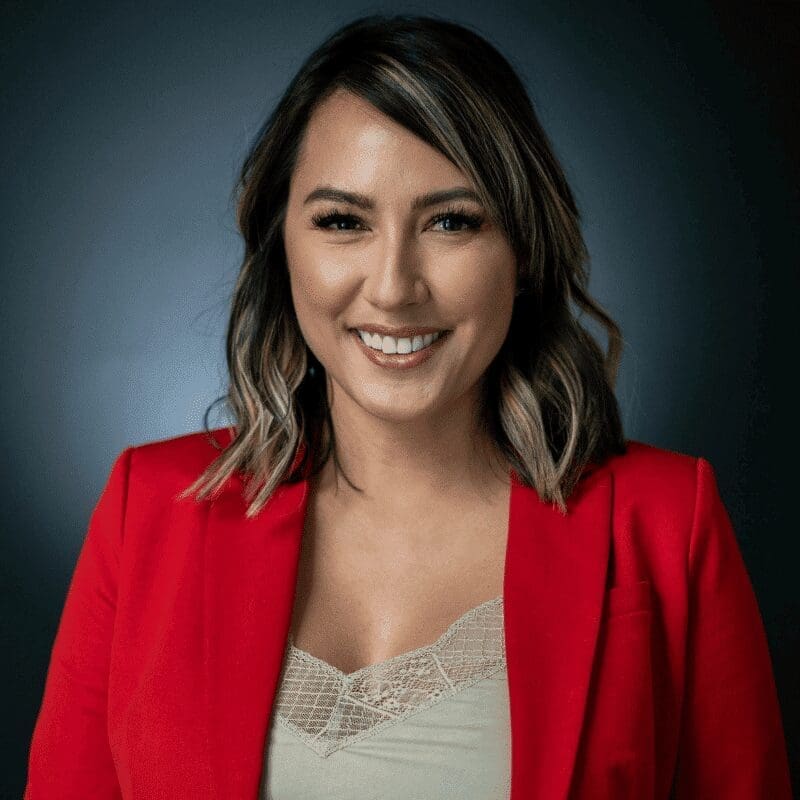As the use of social media by law enforcement, the fire service, and government organizations continues to grow, so does the need for agencies to have a successful social media team.
A social media team can help an agency connect with its community, share information, improve communication, and increase its social media efforts. Creating a successful social media team requires careful planning and forethought. Here are some tips to help you get started.
Define the Goals of the Team, Establish Rules, and Requirements
A social media team should be comprised of the best people for the job. It should not be based on rank or supervisory role but on motivation, maturity, and skillsets. As such, the person developing the team should take a meticulous approach in determining who these members should be.
What are the goals of the team? What is your agency’s social media strategy? This must be established in the beginning, along with who will be the social media managers.
Some agencies establish a social media team to spread the work of social media posts or content creation or the monitoring of social media platforms at various times of the day. Another reason for a social media team is to bring different experiences, perspectives, and skill sets together.
Establishing specific rules to become part of the team is paramount to success as it ensures quality, commitment, and compliance with social media policies, laws, and the agency’s strategy and goals.
Each social media team member should have excellent communication skills, both verbally and in writing. Their grammar and spelling knowledge should be above average – because the community will let them know when an error is in your post.
Prospective social media team members should be highly organized and creative, with the ability to react quickly to any new events or trends on social media. They should be able to create a professional response at any given moment that effectively addresses an incident, situation, or comment in accordance with the agency’s social media strategy, rules, or policies.
Social media team members need to be constantly mindful that their help is needed to fulfill the overall goals of the team and the agency. This includes creating brand awareness, strengthening relationships with community members, responding effectively to inquiries or criticisms, and promoting the agency and its services.
In the end, the right people on a social media team are crucial for an organization to ensure its social presence is consistent, engaging, and effective.
Diversification is Key
Social media teams created by public safety agencies and governmental entities should include people with a diverse range of experiences and perspectives. One team member may be excellent at responding to harsh or critical comments, while another creates excellent videos.
On top of unique skill sets, by bringing together individuals who have worked different assignments, jobs, and life experiences, social media teams can ensure that all voices are heard and considered.
This breadth of experience allows for an integrated approach to social media management, resulting in well-rounded strategies that consider experiences from different departments, units, cultures, and lifestyles.
Furthermore, team members should be passionate about their work; when people come together with enthusiasm and belief in the work being done, more effective strategies are more likely to be developed.
Get Professional Training and Attend Refresher Workshops
Training the members of a social media team is vital to ensure their success in representing the organization.
It is essential that all members fully understand how to operate the various social media platforms. But beyond this, team members should have a thorough knowledge of privacy, security, and platform settings. They should know the terms of service and policies of each of the social media platforms they use, as well as their own agency’s social media terms of service.
Being familiar with social media because they use it in their personal lives should not be considered “trained.” There is a difference between creating content for summer vacations and creating content for a police department, fire department, or city hall.
Team members need to know about the latest trends or emerging platforms for both considerations in using for the agency and safety and security reasons. Being a member of the agency’s social media team guarantees you’ll be asked questions about how to use the platform, regardless of whether you use it.
To keep up with the rapidly evolving technology, training classes and workshops should be scheduled regularly to keep team members informed and prepared for any new challenges they may face.
Attending classes and conferences helps your team stay updated on current trends and innovative strategies to help grow an organization’s visibility on social media channels. Additionally, you’ll be able to network with others and get inspiration from other people’s creativity, trials, and ideas.
Set Clear Guidelines on Posting, Comments, and Branding
Creating guidelines for social media teams is essential to ensure that posting activities are managed in an organized and ethical way. Ideally, when a person visits your social media platforms, they should believe there is only one person posting the content.
The tone, attitude, courtesies, and conversation should be the same. The quality of the photos should be identical, as well as the style or effects placed in evergreen videos.
For example, if you make a video about using a fire extinguisher, and you have soft transitions, lower thirds, and a logo on the bottom right, then all your evergreen or static videos should have these same attributes.
If you set a limit on how many times you will respond to an antagonist, then this needs to be adhered to by all members of the team.
Have a set type of posts that can be posted without consultation, such as weekly events at city hall, notification of upcoming council meetings, daily crime blotters, etc.
You might establish a rule that any content derived from an incident needs to be reviewed by a team leader or supervisor. All of these guidelines need to be established before the team begins their assignments.
Crafting guidelines focused on these elements helps to promote a positive culture for the team’s online presence by ensuring that all team members adhere to standards and protocols.
Communicate: Use A Project Management Tool
Creating a social media team can be a daunting task, requiring careful project management to ensure maximum efficiency and productivity.
By utilizing a project management tool, you’ll be able to get an overview of what each member of your team is working on and where content is in the pipeline. Additionally, this allows you to give feedback while monitoring the overall project’s growth or individual tasks. This benefits supervisors and team members by creating accountability and propelling the project forward with measurable results.
Too often, government organizations and public safety agencies get wrapped up thinking they need to post an image or video within two minutes of taking it. Unless you are updating the public with information that is crucial for them to know in live-time, stop the impulsiveness.
Take the time to edit the media, so it looks the best. Adhere to your set guidelines and make sure your copy, hashtags, and timing are perfect. A project management tool will help you do this.
Conclusion
Creating and managing a social media team for your law enforcement, fire service, or government organization can be daunting, but it is worth it to have a strategic plan in place. By following the steps in this blog post, you can create a team of passionate individuals with different skill sets who are all committed to helping the agency to achieve its social media goals.



